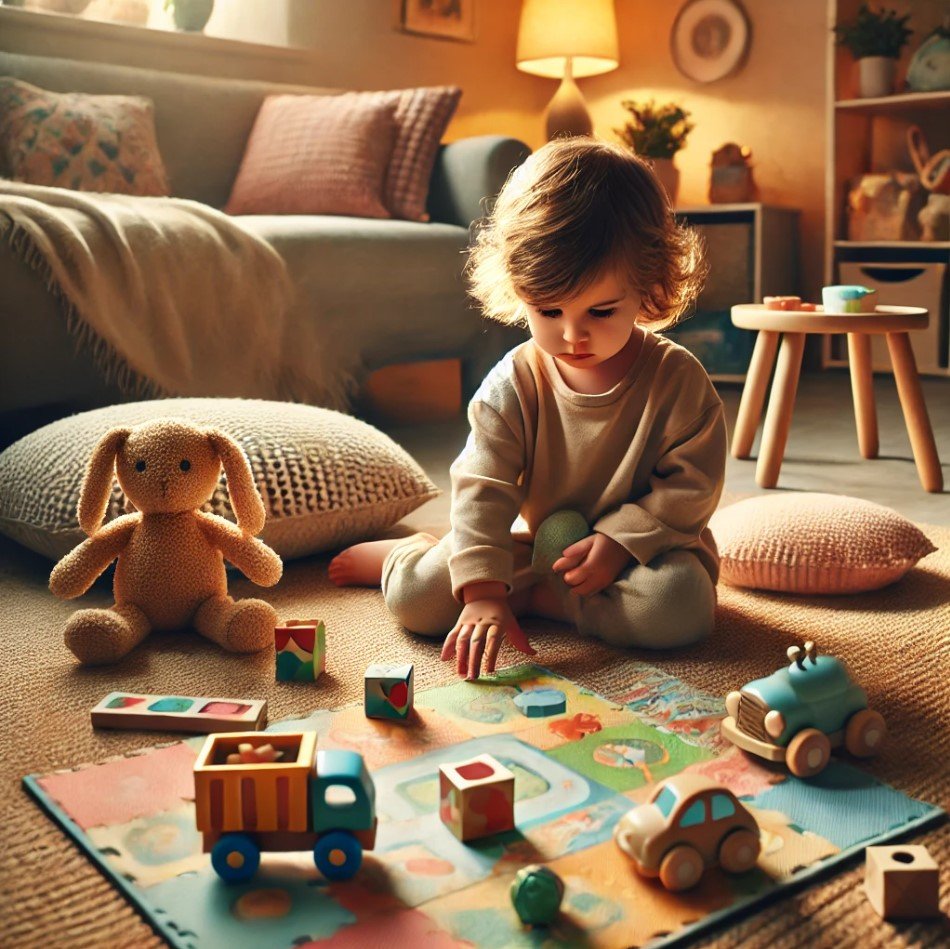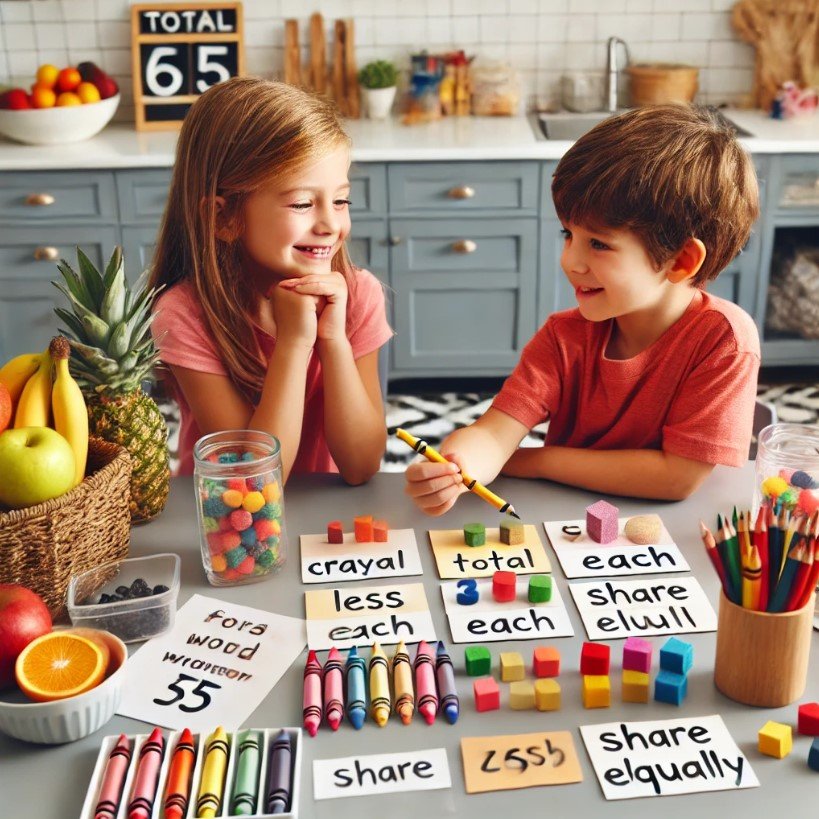Increasing Your Awareness to Help Your Child Thrive
Parenting is like assembling IKEA furniture without instructions: confusing, messy, and sometimes you wonder if it’s worth it. But in truth, it’s the most rewarding job you’ll ever take on. The key to doing it well? Awareness—of yourself, your child, and the dynamic between you both. Let’s dive into how raising your consciousness can help you become the parent your child needs to flourish.
Opt for Acceptance, Not Approval
Picture this: Your child hands you their report card, grinning from ear to ear. They scored an A in math, and you’re thrilled! So, you shower them with praise, maybe even promise a treat. Next semester, the pressure to get that same A builds, and before long, they’re more anxious about pleasing you than enjoying their love of learning. Sound familiar?
The truth is, children thrive on acceptance, not approval. Approval is conditional—”I love you because you scored an A.” Acceptance, on the other hand, says, “I love you no matter what.” When your child feels unconditionally accepted, they can relax and be themselves without constantly seeking external validation.
Practical Tips for Everyday Life:
- Focus on Effort Over Outcomes: Instead of saying, “I’m so proud you scored the highest,” try, “I love how hard you worked and how proud you feel about this!”
- Celebrate the Small Moments: When your child runs to hug you, say, “I love how warm and happy you make me feel.”
- Practice Unconditional Language: Regularly remind your child how much you love them, no matter what grades they get or sports they play.
Parent from Wholeness, Not Hurt
Let’s get real: A lot of us enter parenthood dragging along baggage from our childhoods. Maybe your parents wanted you to be a straight-A student or the next LeBron James, leaving you feeling “not enough.” Unintentionally, these wounds can sneak into your parenting, creating a cycle of hurt.
Breaking this cycle starts with tending to your own emotional wounds. When you work on becoming whole—whether through therapy, self-reflection, or journaling—you create the emotional space for your child to thrive without carrying your baggage.
Practical Tips for Parents:
- Acknowledge Your Triggers: Notice situations where you feel overly reactive (e.g., homework struggles or sports performance). Ask yourself if the emotions are tied to your own unmet expectations.
- Validate Your Child’s Experience: If you notice yourself projecting, take a step back and say, “I’m sorry I pushed too hard. What do you want to focus on?”
- Invest in Self-Care: Your needs matter too. Whether it’s taking a yoga class or enjoying a cup of tea in silence, show your child that taking care of oneself is essential.
Swap “Doing” for “Being”
Modern life is a whirlwind of soccer practices, piano lessons, school projects, and PTA meetings. But in the chaos of doing, we forget the magic of simply being. Busyness doesn’t equate to quality parenting; sometimes, it’s the quiet moments that build the deepest bonds.
Practical Tips for Slowing Down:
- Unscheduled Time Together: Dedicate an hour each week where neither you nor your child has anything planned. Let the moment dictate what you do, whether it’s drawing, cooking, or lying on the grass.
- One-on-One Conversations: Each day, give your undivided attention for a few minutes. Put down your phone, make eye contact, and let them talk about whatever’s on their mind.
- Ritualize Connection: Start and end the day with a hug or a loving statement like, “I’m so glad you’re in my life.”
Make the Everyday More Than OK
As parents, we secretly want our kids to be a little extraordinary. (Who doesn’t love a reason to brag at the next family gathering?) But focusing too much on achievements can steal the joy of ordinary moments.
Life isn’t just about trophies and accolades. It’s about lazy Sunday mornings, eating pancakes in your pajamas, and laughing at silly jokes. Teaching your child to appreciate the magic in everyday moments will make their lives richer and less anxiety-driven.
Practical Tips for Finding Magic in the Mundane:
- Create Everyday Rituals: Celebrate weekly family movie nights, bedtime stories, or even quirky traditions like “Pajama Breakfast Saturdays.” These rituals create memories far more valuable than awards.
- Be Present in Small Moments: Show your excitement when they tell you about their day or share a random thought. Your attention makes them feel important.
- Shift Focus from the Outcome: When your child tries a new hobby, emphasize how much fun they had rather than whether they excelled.
Embrace Imperfection
Let’s face it: None of us are perfect, and neither are our kids. Parenting consciously means shifting the narrative around mistakes from “You should have known better!” to “What can we learn from this?”
When your child spills milk, forgets their homework, or says something hurtful, don’t go straight to punishment. Instead, lean into the teachable moment.
Practical Tips for Teaching Through Mistakes:
- Frame Mistakes as Opportunities: Instead of reacting with frustration, ask your child, “What do you think we could do differently next time?”
- Model Accountability: If you mess up, own it. Say, “I made a mistake too, and I’m learning from it.” This shows them it’s okay to be imperfect.
- Help Identify Solutions: If your child forgets their homework, help them brainstorm ways to remember next time (like setting a reminder or packing their bag the night before).
Final Thoughts: Awareness Is the Ultimate Parenting Hack
Parenting with awareness isn’t about being perfect; it’s about being present. It’s a daily practice of showing up, letting go of ego, and celebrating the unique wonder that is your child.
So, the next time you’re tempted to measure your worth—or your child’s—by grades, trophies, or accolades, pause. Remember that your greatest gift to them is your love, your attention, and your commitment to their authentic self.
Every small moment of greater consciousness shifts the dynamic you share with your child for the better, freeing them to explore their authentic essence and become who they truly are. And if you’re consistent, these practices won’t just help your child—they’ll transform you, too.













LEAVE A COMMENT